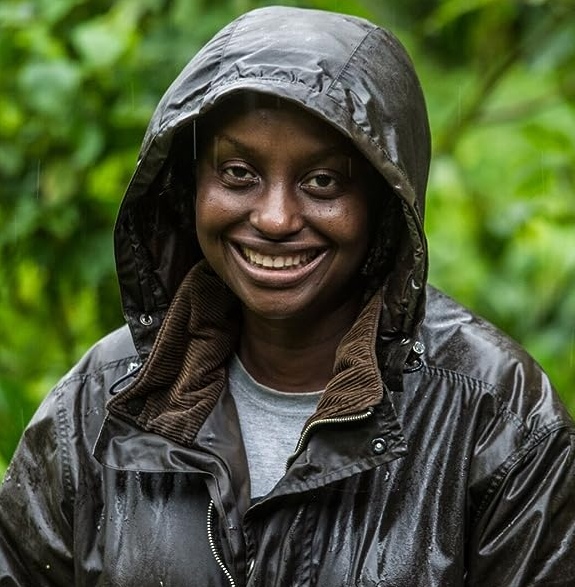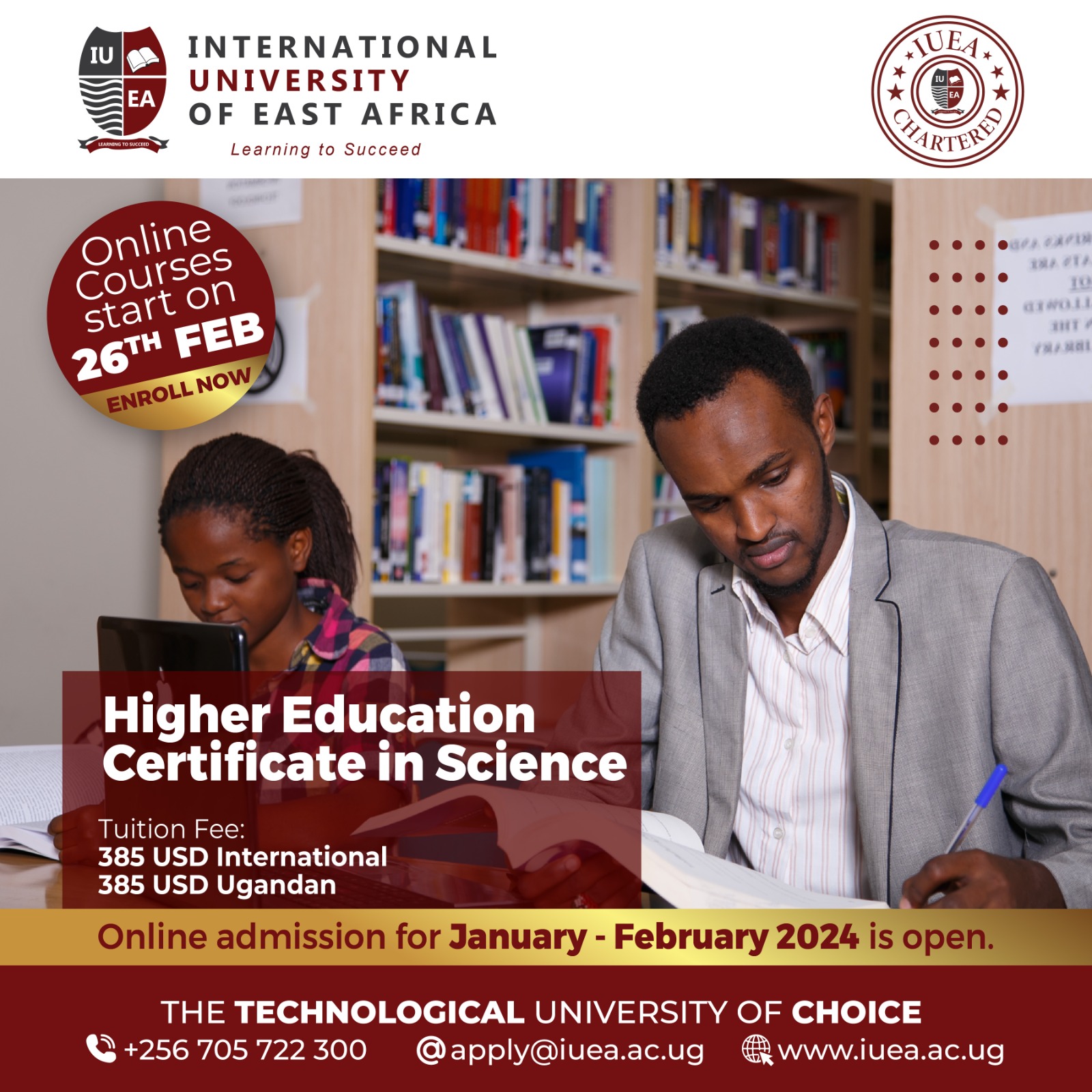Uganda Gorilla’s top the country’s tourist attraction despite gorillas being endangered species with population of mountains gorillas on decrease.
Below is Dr Gladys Kalema-Zikusooka the incredible founder of Gorilla Conservation Coffee saving life of Gorillas and improving farmers livelihood out of passion.
Tell us how your social entrepreneurship journey started
My name is Dr. Gladys Kalema-Zikusoka and I am the founder and Chief Executive Officer of a social enterprise called Gorilla Conservation Coffee. We started to provide premium prices to coffee farmers living around the protected areas where the gorillas live. We wanted to stop them from depending on the forest to meet their basic needs like food and firewood from the forest by giving them premium prices for good coffee, it makes them spend more time planting and processing good coffee rather than having to go into the forest. A donation from every bag of coffee sold goes to support the work of Conservation Through Public Health, which is a founder of this social enterprise where we improve the health of the people and the gorillas, and improve their attitudes to conservation.
Why did you start Gorilla Conservation Coffee
Out of my entrepreneurial spirit i took to the slopes of Uganda’s Bwindi Impenetrable Forest, National Park to protect and save the endangered mountain gorillas of East Africa.
The gorillas call Bwindi Impenetrable Forest home, and while it may seem like a paradise, humans continue to pose some of the greatest threats to the gorillas’ survival. Threats include habitat destruction, poaching of other animals in the forest, and disease from closely related humans, which is made worse by poverty and high human population growth. I then founded the non-profit organization Conservation Through Public Health in 2003 to promote biodiversity conservation by enabling wildlife, humans and livestock to co-exist by improving their health and livelihoods.
The program has been a success in Bwindi, but i realized that after visiting small-holder coffee farmers in the area they were not being supported by government. On the slope of Bwindi Impenetrable Forest, these farmers are growing the best Arabica coffee in the world. However, these communities continued to lack the resources and steady market to increase their income through coffee and improve their way of life, which is needed to remove their dependence on the gorillas’ habitat to meet basic family needs.
Its in this basis that i founded Gorilla Conservation coffee, a social enterprise created through a partnership between Conservation Through Public Health and Worldwide Fund for Nature. Gorilla Conservation Coffee pays a premium price to help coffee farmers living around Bwindi Impenetrable National Park to improve their lives, which in turn helps to protect the gorillas and their habitat.
Gorilla Conservation Coffee has worked with local farmers to establish a Bwindi Coffee Growers Cooperative and has conducted training initiatives with the farmers, many who already reported that the training has improved their crop yield. Gorilla Conservation Coffee is now selling across Uganda including specialty shops, tourist lodges and Entebbe Duty Free Store, and now also has distributed overseas. Local solutions are critical to creating more sustainable communities in East Africa.
What do you intend to achieve with Gorilla Conservation Coffee
Dr. Gladys’ vision for Gorilla Conservation Coffee will help save the critically endangered mountain gorilla in two ways. First, by offering a premium product, price and creating a market for local farmers they have a viable alternative livelihood, which will reduce their dependence on the mountain gorilla’s forest habitat for resources like fuel wood.
Secondly, through sales of coffee a donation will be made directly to Conservation Through Public Health, to address conservation needs of the mountain gorillas in Bwindi and move the organization away from complete donor dependence.
What were your biggest challenges setting up Gorilla Conservation Coffee?
The biggest challenges we faced in setting up Gorilla Conservation Coffee at the beginning were that we were looking for funding or financing to get the business going. We were also concerned that the farmers around Bindi could produce good coffee that could fetch a premium price? It had to fetch a premium price because we had to sell it at a premium price. People would not only want to buy our coffee because it’s connected to supporting gorillas, but it also had to be good quality, and it turned out the coffee was good. So we were very happy about that. But at the time when we realized that we had a great product, we didn’t have a market. And our biggest challenge at the beginning was finding a market for our coffee. We spent a lot of time creating our market for Gorilla Conservation Coffee. We realized that it’s a niche market where we have to look for conscious consumers, people who want to give back, lifestyle and health consumers, and those concerned about sustainability. So we looked to our networks involved with conservation, public health, conservation agencies, and other people we work with in the impact and entrepreneurship space, where we’ve been able to build up a market. And now our biggest problem is that we don’t have enough supply to satisfy the demand, and the demand is growing. We can only buy the amount of coffee to supply the demand that we had at the beginning. So our biggest issue now is financing. We need to look for additional financing to be able to have enough working capital to engage all the farmers that we have now in our network. When we started out, we had 75 of them, and now we have 500 farmers registered. We can buy coffee from them and we know that if we do get financing, it will take the business to the next level because we’re very busy growing the markets. And now we have the coffee, but it’s not enough to supply that current demand.
Who inspired you into Social Entreprise Business ?
I was inspired to embark on this journey originally because I wanted to change the world. I didn’t even realize at the time that I was going to become a social entrepreneur when we first started our non-profit organization, Conservation Through Public Health. It was not until I became involved in shaking up the world that I was told that I’m a leading social entrepreneur. People want to make big changes which can have either a social, environmental, or financial impact. And with Gorilla Conservation Coffee, I’ve been able to take my experiences as a social and environmental interpreter and now also become a business entrepreneur, because we are creating a sustainable business. We’re also trying to create sustainable financing for conservation.
Something else that’s inspired me and has kept me going on my journey as a female entrepreneur has been getting involved with Lionesses of Africa. It’s just fantastic. When the founder and ceo, Melanie Hawken, originally contacted me, she was so excited about what we were doing to create a high impact global brand that is saving gorillas. And I realized when I went to attend the Lionesses of Africa conferences that other women like me, eco-warriors, women in other businesses who are also trying to change the world, are making a lot of strides. And we all have similar challenges and opportunities as women. So it’s just fantastic to be able to be part of this family of Lionesses of Africa.
Who has been your Entrepreneurial Role-Model?
I’ve had many role models, but I’ll say a role model that I’ve had in the business entrepreneurship world is Anita Roddick, the founder of Body Shop. I’ve never met her, but I was really inspired by her business, the Body Shop, when I was a student at Robert Mary College, University of London. I used to buy Body Shop products and this was back in the 90s, and what I liked about the company and brand was that they were not testing on animals. Also, I like the different women around the world who make the products that are sold in the Body Shop, so they’ve even gone beyond their initial mission at the company. Anita Roddick was able to launch the Body Shop at a time when it wasn’t trendy, and it was a new way of doing business – doing business for good. She was able to have a really successful and very focused mission, and now a lot of other businesses are trying to emulate what she did.
Your advice to Budding Women Entrepreneurs out there?
My top two tips for success are to really stay focused and determined. I always ask myself the question – why am I doing what I’m doing? There will be times when it becomes really difficult and you’re thinking this is hard, but keep reaching for your dreams and the rest will follow.
How did you choose your current career path and Social Enterprise Business?
My ambition as a child was to work with animals and save wildlife. First, as a conservationist, I set up a wildlife club. Later on, I set up the first big department in the Uganda Wildlife Authority for the government and that’s when I became a wildlife vet. After that, I set up the NGO, but I’ve always wanted to work with animals and make life better for animals. And now it’s extended to also helping people, because you know that you can’t help animals without helping people. I’d say the best career decision I ever made was to follow my passion and my purpose. I could easily have taken a much easier route. I could have stayed in the UK and worked with cats and dogs and domestic animals, horses and cows, because actually you earn a lot more going that route. But, I really wanted to do something for my country, I wanted to develop my country, Uganda, and I wanted to promote it to the world through my passion for wildlife.
And that’s brought me a lot of fulfillment and enabled me to achieve and accomplish a lot. Through this journey, I have achieved a lot of awards and recognition and I think that it was the best decision I ever made.
Whats the future of Gorilla Conservation Coffee?
The future of our business is bright because the number of conscious consumers around the world is growing. Also, the proportion of consumers who are making lifestyle and health decisions when buying coffee, or are interested in sustainability, is also growing. Many people now are asking questions about what they are eating and drinking, such as: Where did it come from? Were people producing the product treated fairly? Am I able to save the gorilla species? And with us we have the perfect solution – we tell our customers that every time they buy and drink Gorilla Conservation Coffee, they are saving gorillas one sip at a time. And so we believe that our business has a very bright future.



